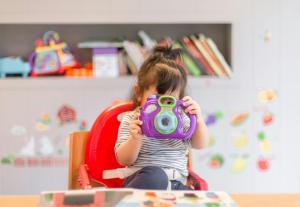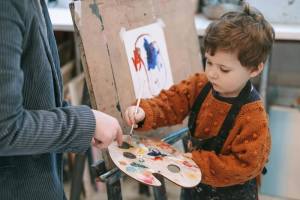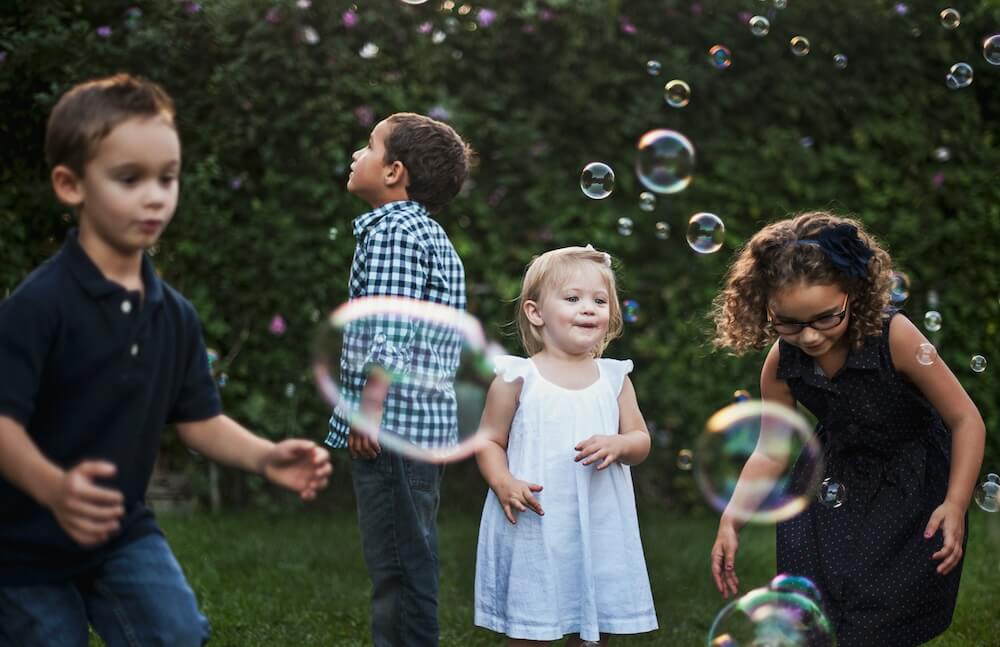The Role of Play-Based Learning in Singapore’s Pre-Schools
In Singapore, early childhood education has always been widely recognised as the foundation to a child’s lifelong learning and development.
It’s scientifically proven that the first five years of a child’s life are crucial for development, as this is when the brain develops the fastest. While it may seem overstated, early experiences during these years can shape a child’s cognitive behaviours for the rest of their life.
That said, start exploring preschool admissions as early as possible if you have the opportunity to do so. Believe it or not, it can get competitive.
While attending preschool is not legally compulsory in Singapore, it is strongly and widely recommended as it prepares children for their primary school years.
As the nation continues to advance its education system, there’s been a rise in play-based learning in early childhood education both in Singapore and around the world. Not only does this integrate both fun and education in learning, but it also fosters creativity and social skills in young children.
Curious to learn more about it? Keep reading!
1. Encourages Holistic Development

Play-based learning is built around the concept of purposeful play, where learning opportunities through play are enjoyable, engaging, and educational all at the same time.
In terms of the role it plays in a child’s holistic development, this teaching approach has the ability to support a child’s cognitive, social, emotional, and physical development—all of which are crucial in their early years.
Take a look at some of the ways in which traditional teaching differs from play-based learning:
Traditional teaching:
- Focuses on academic results through standardised assessments
- Curriculum heavily focuses on academic skills including reading, writing, math, and science
- Passive learning style that typically involves listening, repetition, and rote memorisation
- Involves direct instruction from the teacher with structured lessons and clear framework, though with limited flexibility in terms of curriculum development
- Teachers present the syllabus content while students merely absorb the information in a controlled classroom setting
Play-based learning:
- Focuses on a student’s holistic development for a more well-rounded education
- Curriculum fosters problem-solving skills, critical thinking, and creativity
- Interactive and hands-on learning style to keep students engaged and have more flexibility to cater to their specific needs
- Encourages children to lead their own exploration and discovery through play, with the guidance of their teachers
- Teachers guide and facilitate learning instead of only directly instructing students
These comparisons alone show that adopting play-based learning can lead to better outcomes for your child in the long run.
2. Fosters Creativity and Critical Thinking

When you allow children to discover new ideas and solve problems on their own in a hands-on learning environment, they are more likely to develop strong creativity and critical thinking skills. That’s where play-based learning comes in.
The whole point of unstructured play is to allow children to explore concepts, test hypotheses, and develop critical thinking skills at their own pace. Through various activities such as storytelling and arts and crafts, this will allow them to use their imagination and unleash their creative side.
With this approach, kids will also learn how to think on their feet and make decisions on their own, instead of always being spoon fed all the answers and solutions.
It’s essential to note that while they may still be young and in need of guidance from their parents and teachers, they also need to start cultivating a sense of independence from an early age.
Children are more intelligent and capable than we often give them credit for. The role of parents is to create a supportive environment for them to express themselves and solve problems creatively.
3. Improves Social Skills and Emotional Intelligence

Through the course of their life, children will inevitably cross paths with people from all walks of life. Some they’ll get along with easily, and others who might be different from them.
That’s why it’s not just helpful but essential for them to learn how to navigate social situations, build empathy, regulate their emotions, and work with others. The best way to teach these skills? Start early.
Learning through play is one of the most effective and easiest ways to do just that. It provides a wide range of learning opportunities including communication practice, the importance of teamwork, understanding non-verbal social cues, as well as building friendships. On top of that, it happens in a way that comes most naturally to them and not in a forced or intimidating environment.
When you teach children the value of working with others, negotiating roles, and resolving conflict during group play activities, they naturally learn the importance of sharing, cooperation, and teamwork. all of which are essential skills that lay the foundation for success in school and later in life.
Start Your Little One’s Preschool Journey with AIS
Ready to kickstart your child’s preschool journey? Start it with us.
Through our comprehensive curriculum, your children will be able to unlock their best potential by harnessing the power of play.
Get in touch with us or book a tour to find out more about our preschool programs.






